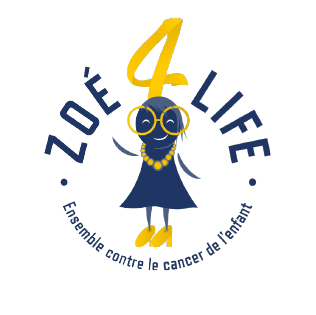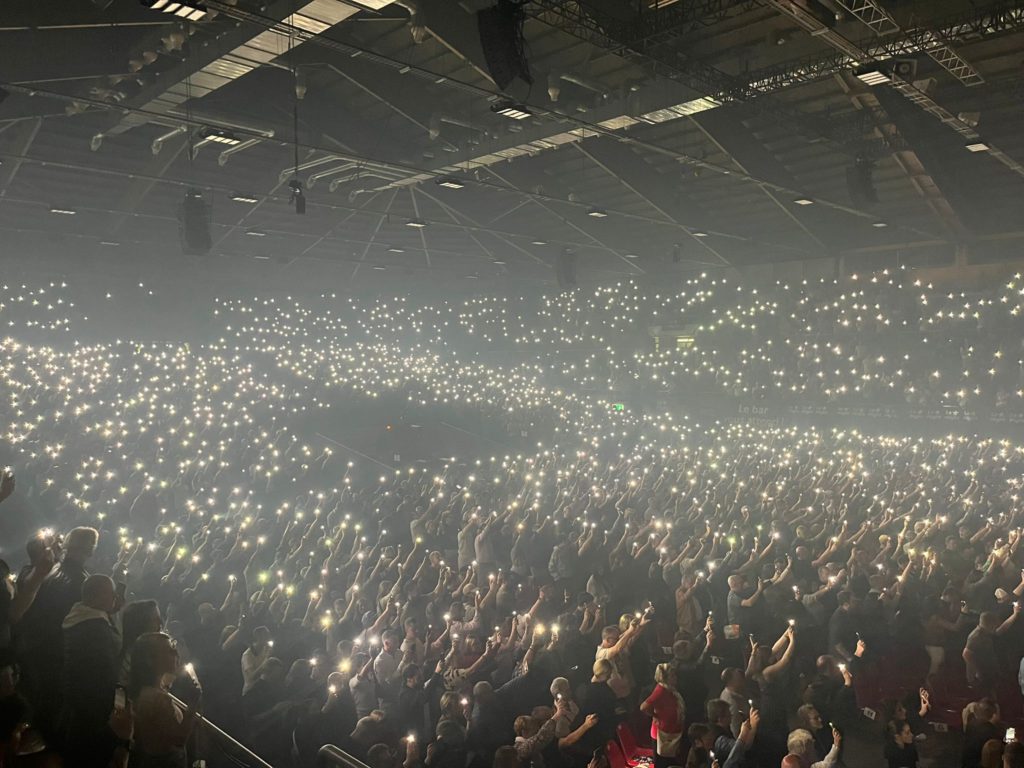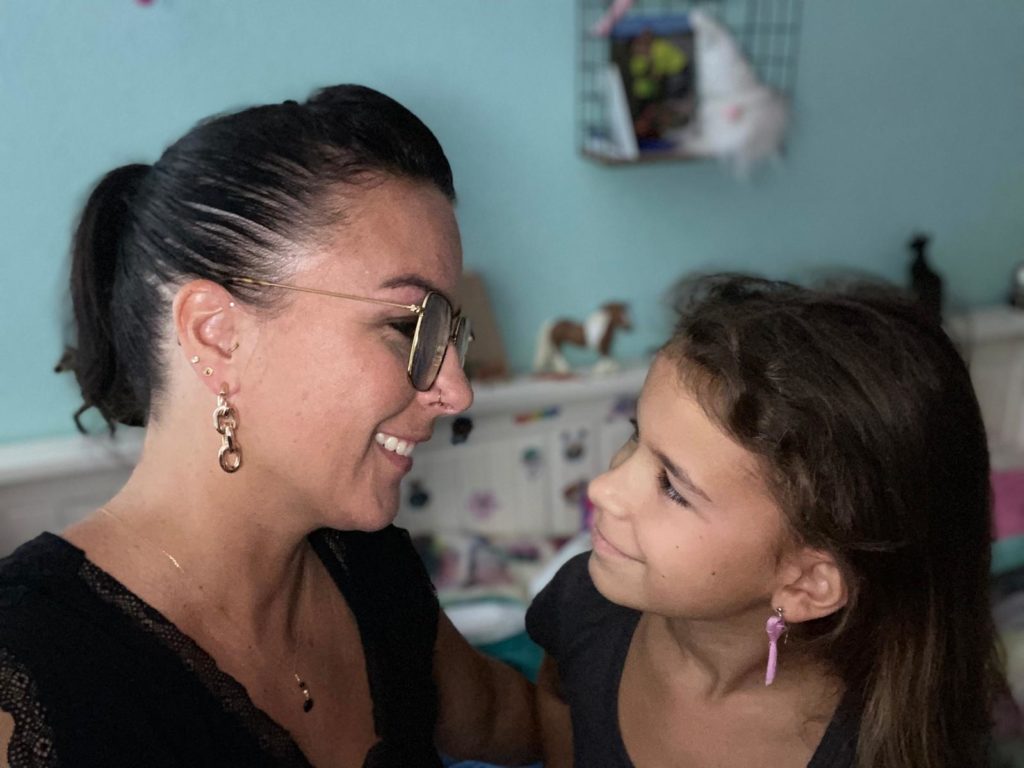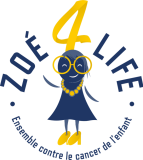European study on relapsing retinoblastoma
European multicenter clinical study on the relapse of retinoblastoma, an eye cancer in children.
Retinoblastoma is the most common malignant ocular tumor in children. However, due to its rarity (3% of all pediatric cancers) and complexity, its management requires close collaboration between ophthalmologists and oncologists.
As a result, treatment is concentrated in highly specialized centers.
Currently, treatments for retinoblastoma combine several options:
- Firstly, focal intraocular treatments such as laser, thermochemotherapy or cryocoagulation.
- Secondly, systemic chemotherapy depending on the stage of the disease.
However, at the most advanced stages, these approaches are often ineffective. As a result, more aggressive treatments are required. These include radiotherapy and removal of the diseased eye (enucleation). As a result, these severe treatments leave significant after-effects. These can be both aesthetic and functional. What's more, these treatments can also increase the risk of secondary tumors arising from radiation exposure.
That's why the EuRbG2018 study aims for a personalized approach depending on the type of relapse.
The main objectives of the study are to reduce retinal toxicity and the relapse rate. Secondly, to assess the toxicities and sequelae of the various treatments in the short, medium and long term. But also to assess vision preservation. Finally, it aims to determine the number of patients for whom enucleation could be avoided, 2 years after study entry.
The overall aim of the study is to improve the treatment of children with recurrent retinoblastoma.
This multicenter, randomized Phase II study is coordinated by the CHUV. It is led by Prof. Maja Beck Popovic and her team from CHUV pediatric oncology unit. Close collaboration with Prof. Francis Munier from Jules Gonin Ophthalmic Hospital is taking place for the ophthalmology part of the trial. The study is planned on a European scale, and will be conducted in the following pediatric oncology centers:
- France, Institut Curie, Paris
- Germany, University Hospital, Essen
- Spain, Sant Joan de Déu Hospital, Barcelona
- In the United Kingdom, at the Children's Hospital Birmingham, Birmingham
- Italy, Ospedale Pediatrico Bambino Gesù, Rome
- Italy, Azienda Ospedaliera Universitaria Senese, Siena
Ultimately, the results of this study will improve patient care, management and treatment of retinoblastoma. All with greater efficacy and less toxicity. Zoé4life is contributing CHF 50,000 to the financing of this study, thanks to the funds raised by our Septembre en OR 2020 campaign.
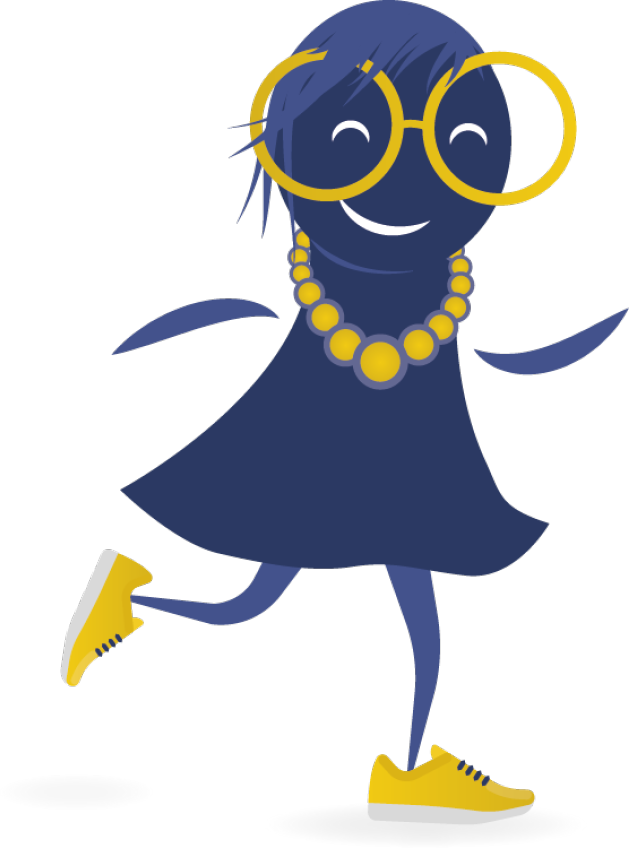
Together we can make a difference
There are many ways to support us. Your commitment makes a difference for children with cancer.
